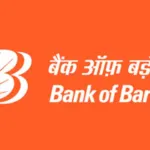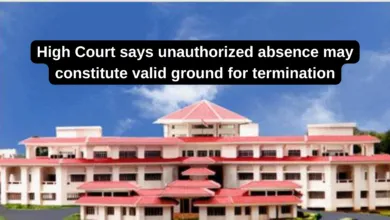
In a significant ruling, the National Consumer Disputes Redressal Commission (NCDRC) has directed the State Bank of India (SBI) to pay ₹63.74 lakh, plus 9% annual interest, and an additional ₹3.20 lakh for compensation and litigation costs to a customer. This decision came after SBI enabled internet banking for a senior citizen customer without their consent, resulting in a massive unauthorized withdrawal.
The Incident
The dispute began when Biresh Chandra Gangopadhyay and his wife Arati, both from Hyderabad, noticed that ₹63.74 lakh had been siphoned from their accounts. The couple had set up three fixed deposits (FDs) totaling ₹40 lakh with SBI, which were supposed to auto-renew annually. However, they discovered the funds were missing when Mr. Gangopadhyay checked their account in April 2019.
During a visit to the bank, Mr. Gangopadhyay found that their account balance was drastically lower than expected. Unauthorized withdrawals had been made through internet banking, even though their account was supposed to have only ‘view only’ access.
Complaint and Investigation
Upon discovering the unauthorized transactions, Mr. Gangopadhyay immediately reported the issue to SBI and the police. He also submitted a formal complaint to SBI, detailing the wrongful withdrawals and premature closure of the FDs.
SBI argued that the internet banking credentials of Mrs. Gangopadhyay were compromised and that one-time passcodes (OTPs) were sent each time the account was accessed. The bank claimed that the couple’s mobile phone and PIN were shared with unauthorized individuals, which led to the fraud.
The Consumer Forum’s Decision
The state commission found SBI at fault for enabling internet banking access without the Gangopadhyays’ explicit consent. They noted that the bank failed to protect their vulnerable elderly customers from exploitation. The commission criticized SBI for its negligence and lack of proper investigation into how the unauthorized transactions occurred.
The commission ordered SBI to reimburse the full amount siphoned, plus interest, and to pay additional compensation and litigation costs. This ruling highlighted the need for banks to ensure robust security measures, especially for senior citizens and other vulnerable customers.
SBI’s Appeal and Final Ruling
Dissatisfied with the state commission’s order, SBI appealed to the NCDRC. The bank argued that matters of fraud and conspiracy should be handled by civil courts rather than consumer forums and pointed out that previous cases supported this view. SBI also claimed that it had already tried to resolve the issue through other channels without success.
However, the NCDRC upheld the state commission’s decision. It emphasized that SBI’s failure to properly protect its elderly customers against fraud was a significant lapse. The bench noted that the bank’s subsequent changes to its internet banking system, requiring physical presence for setting up such services, were an acknowledgment of the flaw in its previous procedures.
The NCDRC dismissed SBI’s appeal and directed the bank to comply with the original order, ensuring that the Gangopadhyays receive the compensation and reimbursement as mandated.
Takeaway
This case underscores the importance of banks safeguarding their customers’ financial information and ensuring that any changes to their services, especially those involving internet banking, are made with explicit consent. For senior citizens and others who may not be tech-savvy, additional precautions and clear, accessible procedures are crucial to prevent such unfortunate incidents.





